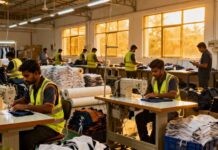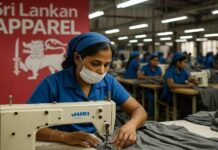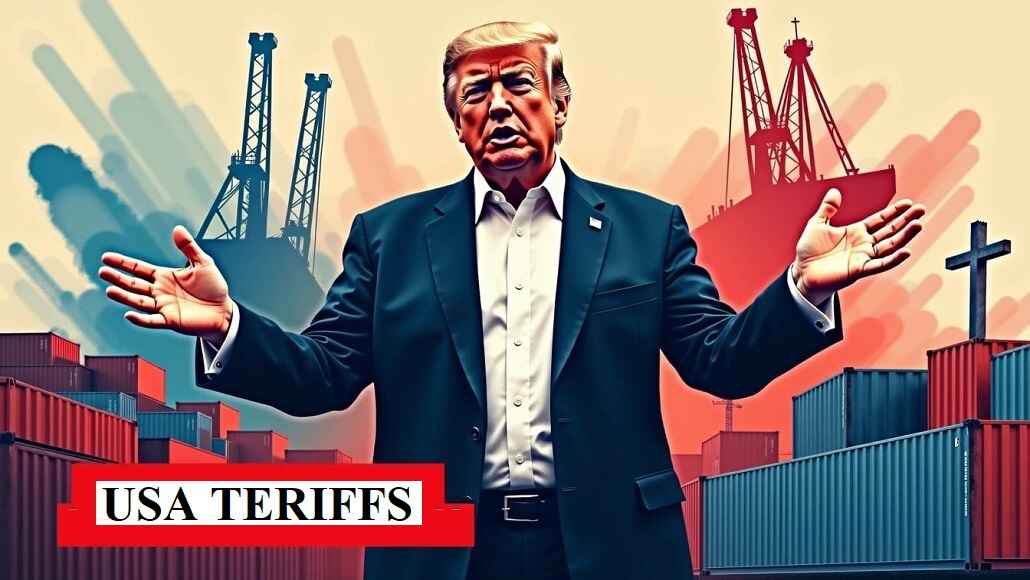The International Apparel Federation (IAF) represents the apparel manufacturing sector across over 40 countries, encompassing a vast global industry with hundreds of thousands of companies and millions of workers. Apparel and textiles are among the most globalized sectors, historically serving as a cornerstone for industrial growth worldwide.
The punitive tariffs implemented by the U.S. administration on April 2nd, particularly targeting countries that rely heavily on garment exports to the U.S., pose a significant and unjust threat to entire industries. These measures risk destabilizing economies and endangering the livelihoods of countless workers and entrepreneurs in the global apparel sector, including those within the U.S.
While the IAF appreciates the decision to suspend a large portion of these damaging tariffs, the ongoing imposition of punitive tariffs on imports from China—one of the largest apparel exporters globally—remains a serious concern. This situation highlights the potential for tariff escalation affecting other nations. The IAF urges that future trade negotiations focus on realistic objectives, avoiding the reintroduction of excessively high tariffs on apparel. Many countries that export apparel do not possess sufficient domestic purchasing power to substantially increase imports from the U.S., making it both unrealistic and unreasonable to expect steep corrections in trade balances. Furthermore, high tariffs will not likely lead to a significant repatriation of apparel production to the U.S.
For IAF members, the adverse impacts of uncertain tariffs (and the punitive measures specifically affecting China) remain unabated. With global supply chains still recovering from the COVID-19 pandemic, the Red Sea crisis, and diminished consumer confidence, the unpredictability surrounding trade policies disincentivizes investment, exacerbating market instability and eroding consumer trust. Prioritizing the prevention of harmful tariffs and restoring a stable trade environment is crucial. Only then can the industry undertake the essential task of reassessing global supply chains.
It is important to recognize that no strategy for supply chain resilience can endure the magnitude of tariff disruptions currently faced. Moving forward, it is essential for the industry to diminish its susceptibility to abrupt policy changes. This entails broadening the competitive foundation beyond mere cost considerations. The IAF advocates for the development of more robust, intelligent, and sustainable supply chains, grounded in long-term partnerships, sound business practices, and mutual interdependence—rather than relying heavily on political trade decisions.
This core message has been at the forefront of the IAF’s communications and initiatives for the past decade. In alignment with this vision, the IAF will amplify its global efforts to empower manufacturers and their associations, facilitating their role as strategic partners in the necessary industry transition—investing in people, processes, and technology. Building resilient supply chains is a collaborative endeavor, and overcoming this tariff crisis requires collective action. Thus, we call on brands and retailers to engage closely with manufacturers by honoring sourcing commitments, upholding standards, and avoiding cost adjustments that could jeopardize supply chain stability.
The apparel industry is fundamentally global, with trade being an essential and irreplaceable component. The IAF stands in solidarity with the international manufacturing community, committed to unity and collective strength to navigate this challenging period and emerge stronger together. Through collaborative efforts and strategic partnerships, we can construct a more resilient and sustainable future for the global apparel industry—one that benefits all stakeholders in the value chain and ensures long-term prosperity, even amid policy fluctuations.

































